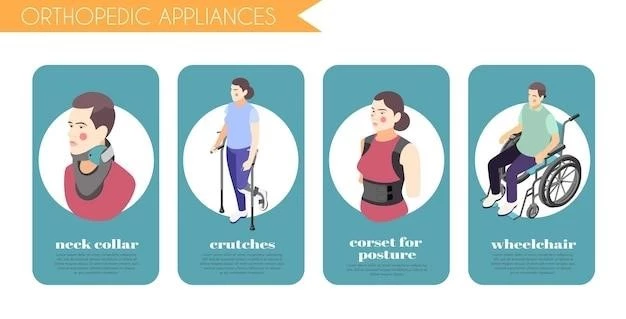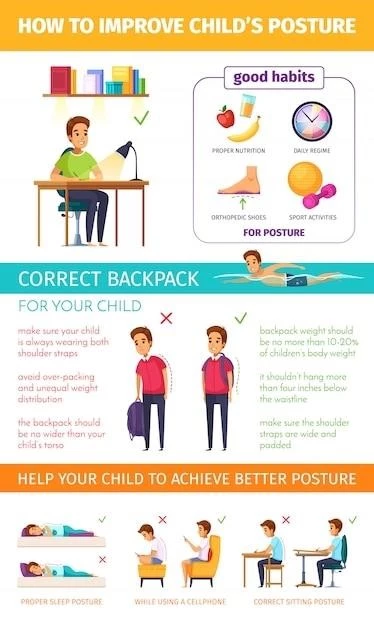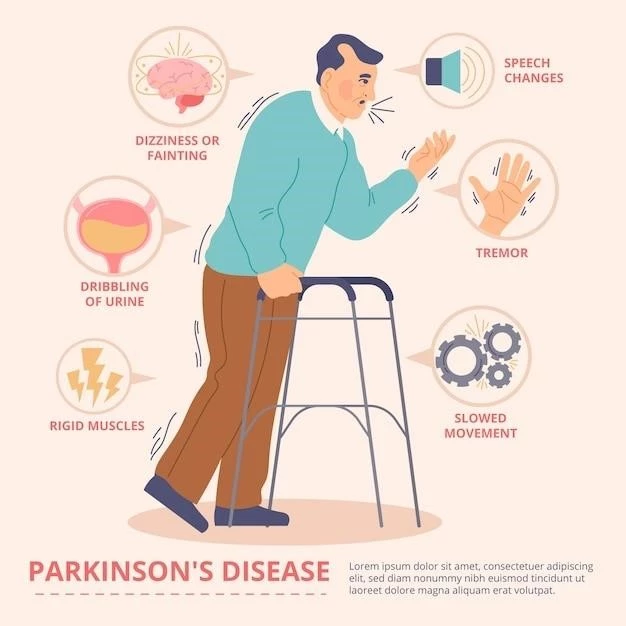Introduction to Richards–Rundle Syndrome
The Richards–Rundle syndrome (RRS) is a rare neurodegenerative disorder with various symptoms including ataxia‚ hearing loss‚ and hypogonadism. Learn more about this condition.
Definition and Symptoms
The Richards–Rundle syndrome is an extremely rare neurodegenerative disorder characterized by progressive spinocerebellar ataxia‚ sensorineural hearing loss‚ and hypergonadotropic hypogonadism. Additional symptoms may include peripheral muscle wasting‚ nystagmus‚ intellectual disability‚ and ketoaciduria.
Genetic Aspects of Richards–Rundle Syndrome
Richards-Rundle Syndrome is a rare disorder characterized by autosomal recessive transmission‚ where both parents must carry the gene to pass it on to their offspring. Learn more about the genetic aspects of this syndrome.
Autosomal Recessive Transmission
Richards-Rundle Syndrome is inherited in an autosomal recessive manner‚ meaning that both parents must carry a copy of the mutated gene to pass it on to the child. This results in the child developing the syndrome. Understanding the genetic aspects of this syndrome is crucial for families and healthcare providers in managing and counseling individuals affected by Richards-Rundle Syndrome.
Clinical Features of Richards-Rundle Syndrome
Richards-Rundle Syndrome presents a combination of symptoms including ataxia‚ hearing loss‚ and primary hypogonadism. Recognizing these clinical features is crucial for diagnosis and management.
Neurological Manifestations
Richards-Rundle Syndrome is a rare neurodegenerative disorder that presents with a range of neurological manifestations‚ including ataxia‚ sensorineural hearing loss‚ peripheral muscle wasting‚ nystagmus‚ intellectual disability‚ and ketoaciduria. Understanding these neurological features is crucial for the diagnosis and management of individuals with Richards-Rundle Syndrome.
Diagnosis and Management
Diagnosis of Richards-Rundle Syndrome involves recognizing symptoms like ataxia‚ hearing loss‚ and hypogonadism. Proper management includes genetic testing and care coordination. Consult healthcare providers for accurate diagnosis and treatment.
Searching for Neurologic Disorders in Patients with Hypogonadism
When evaluating patients with hypogonadism‚ it is important to consider the possibility of associated neurological disorders such as Richards-Rundle Syndrome. Genetic counseling and thorough neurological assessments are essential for accurate diagnosis and appropriate management of individuals with hypogonadism.

Support and Resources for Patients
Patients with Richards-Rundle Syndrome can access support from community groups and advocacy organizations dedicated to rare diseases. These groups provide valuable resources and a sense of community for individuals and families affected by the syndrome.
Community Groups and Advocacy Organizations
Community groups and advocacy organizations play a vital role in providing support and resources for individuals and families affected by Richards-Rundle Syndrome. These groups offer a sense of community‚ valuable information‚ and emotional support‚ enhancing the overall well-being of those dealing with this rare disorder. Connecting with these groups can help navigate the challenges associated with Richards-Rundle Syndrome and provide a network of understanding individuals who can offer assistance and guidance.
For individuals with Richards-Rundle Syndrome‚ seeking specialized medical practitioners and staying informed about ongoing research is vital. Explore reputable specialists in the field to ensure accurate diagnosis and comprehensive management approaches;
Research and Specialists
Research into Richards-Rundle Syndrome is ongoing‚ with specialists dedicated to understanding and treating this rare neurodegenerative disorder. Consult with experts who have expertise in the field to receive comprehensive care and up-to-date information on advancements in Richards-Rundle Syndrome research.
Financial Assistance and Disability Benefits
Individuals affected by Richards-Rundle Syndrome may be eligible for disability benefits offered by the Social Security Administration. Accessing financial assistance and disability benefits can help alleviate the economic burden of managing this rare disorder.
Disability Benefits from Social Security Administration
Individuals diagnosed with Richards-Rundle Syndrome may qualify for disability benefits through the U.S. Social Security Administration. Seeking assistance and guidance on eligibility for these benefits can provide essential financial support for managing the challenges associated with this rare neurodegenerative disorder.

Conclusion and Rare Disease Community
Concluding‚ the Richards-Rundle Syndrome poses unique challenges to those affected. Joining rare disease communities can offer valuable support in navigating the complexities of living with this condition.
Challenges Faced by Rare Disease Patients
Individuals with rare diseases like Richards-Rundle Syndrome encounter various challenges‚ including limited access to specialized care‚ delays in diagnosis‚ and lack of effective treatments due to the rarity of the condition. Support from rare disease communities‚ healthcare providers‚ and advocacy groups is crucial in overcoming these obstacles and improving the quality of life for those affected by rare diseases.
